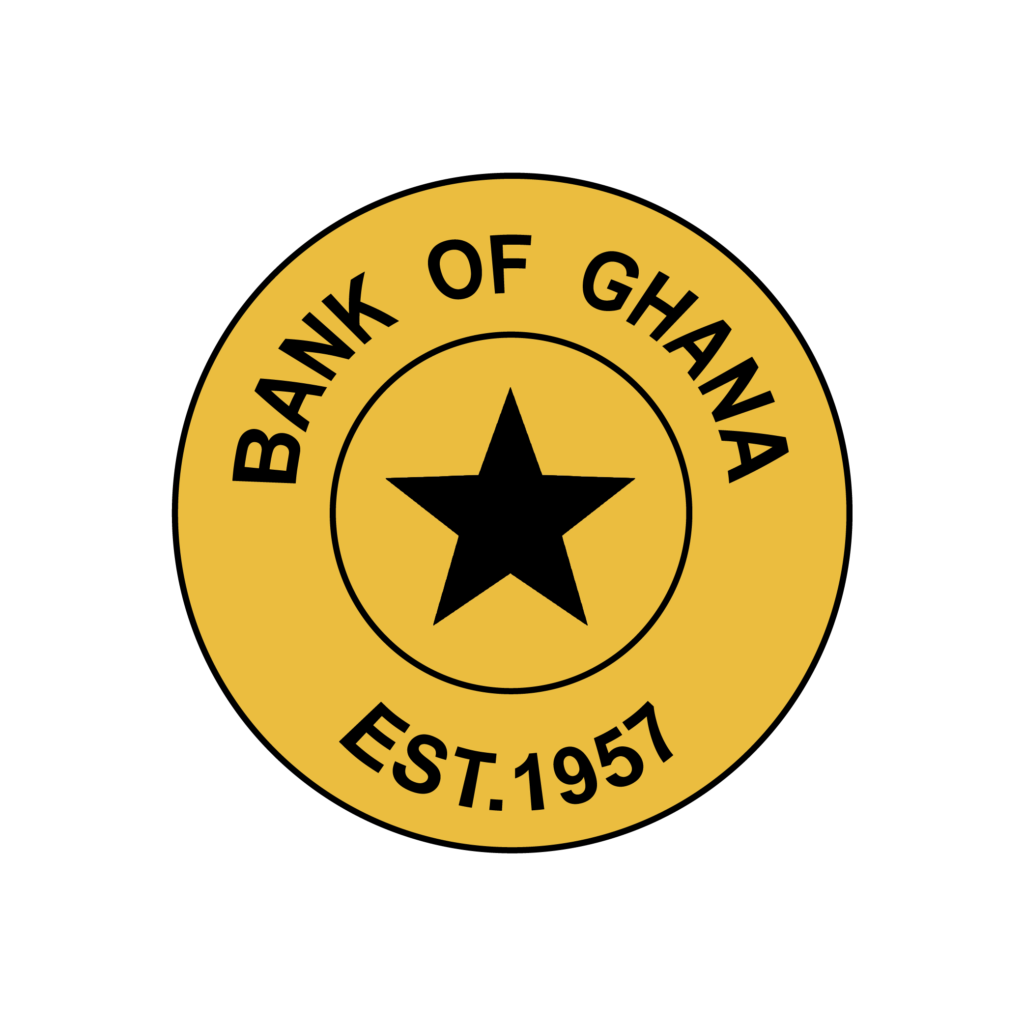
63 Years of Central Banking in Ghana: Anchoring Monetary and Financial Stability
On 1st August 1957, Ghana’s central bank, the Bank of Ghana, opened its doors for operations following its establishment on 4th March 1957 under the Bank of Ghana Ordinance No. 34, 1957. Prior to that, the West African Currency Board (WACB) had been established by the British in 1912 to issue and redeem currencies for the Gold Coast and other colonies such as Nigeria, Sierra Leone, and The Gambia, but it lacked full central banking powers. The establishment of the Bank of Ghana with full central banking authority was therefore pivotal to promoting economic self-governance, and giving true meaning to political independence. Importantly, the Bank of Ghana was mandated under the Bank of Ghana Ordinance No. 34, 1957 to issue and redeem bank notes and coins, keep and use foreign reserves, influence the credit situation with a view to maintaining monetary stability in Ghana and the external value of the Ghana pound, and act as banker and financial adviser to the Government.
